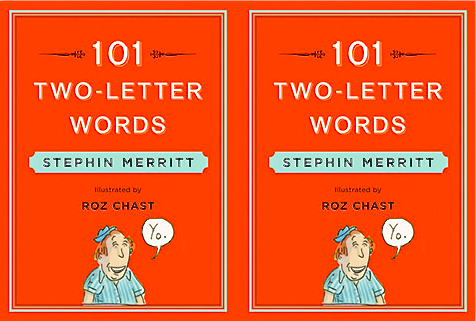 |
| Testing a generator at the H.Y.P.E. Makerspace at the Detroit Public Library. Photo via www.anythinklibraries.org |
Although makerspaces have been making much news as of late, they are not a new phenomena. Makerspaces have existed in some way, shape, or form for centuries. However, the public library has been integral to the makerspace movement from very early on. According to the book I worked on, one of the first makerspaces in the United States (if not the first makerspace in the U.S.) was in a public library. The book made reference to a February 2013 article in American Libraries magazine titled "Manufacturing Makerspaces." The article featured a timeline of "A History of Making" in libraries, which you can see below.
A History of Making
1873
Gowanda, New York
The Gowanda Ladies Social Society formed to quilt, knit, sew, socialize, and talk about books. In 1877, it became the Ladies Library Association, receiving a state library charter in 1990 as the Gowanda Free Library.
1905
Carnegie Library of Pittsburgh
Frances Jenkins Olcott, children's department head, helped to establish home libraries in working-class houses, where she organized crafts such as sewing or basketry for local kids.
1933
Manitoba (Canada) Crafts Museum and Library
Created as a meeting place and resource connecting people to crafts, the Manitoba Crafts Museum and Library in Winnipeg is dedicated to preserving the province's cultural heritage and teaching students how to craft.
1960
Nebraska Library Commission
Funded in FY1960 by the Library Services Act of 1956, the Nebraska Library Commission (then known as the Nebraska Public Library Commission) in Lincoln hosted a variety of special activities, including creative arts, that were organized by area groups.
1976
The Tool Library
The Rebuilding Together Central Ohio Tool Library was created by Columbus as the tool-gathering library with a federal community development block grant. In March 2009, Rebuilding Together Central Ohio took over operation of the library.
1979
Merrimack (New Hampshire) Public Library
The newly renovated and expanded Merrimack Public Library opened with a children's craft room.
2011
Fayetteville (New York) Free Library Makerspace
The first 21st-century makerspace opened in Fayetteville Free Library. It was the first of its kind in a public library and includes a 3-D printer that works in a mobile capacity.
Since 2011, makerspaces have been incorporated at a steady pace in public libraries across the country, such as at the Westport Library in Connecticut (2012); the Detroit Public Library in Michigan (2012); the Piscataway Public Library in New Jersey (2013); the Chicago Public Library in Illinois (2013); and the Cleveland Public Library in Ohio (2014). As the maker movement continues to gather steam, it is certain that even more public libraries will open their doors to those eager to create with their hands.
In addition to offering "A History of Making" in libraries, the American Libraries article "Manufacturing Makerspaces" also highlights "Three Makerspace Models That Work," "Cool Stuff to Outfit Your Makerspace," and more. You can read the article at THIS LINK. For a list of resources on makerspaces in libraries, go HERE.









